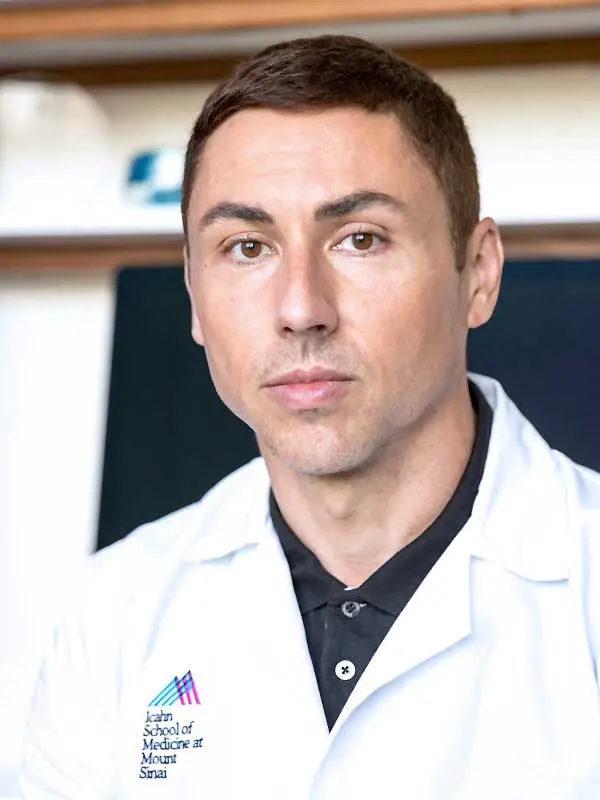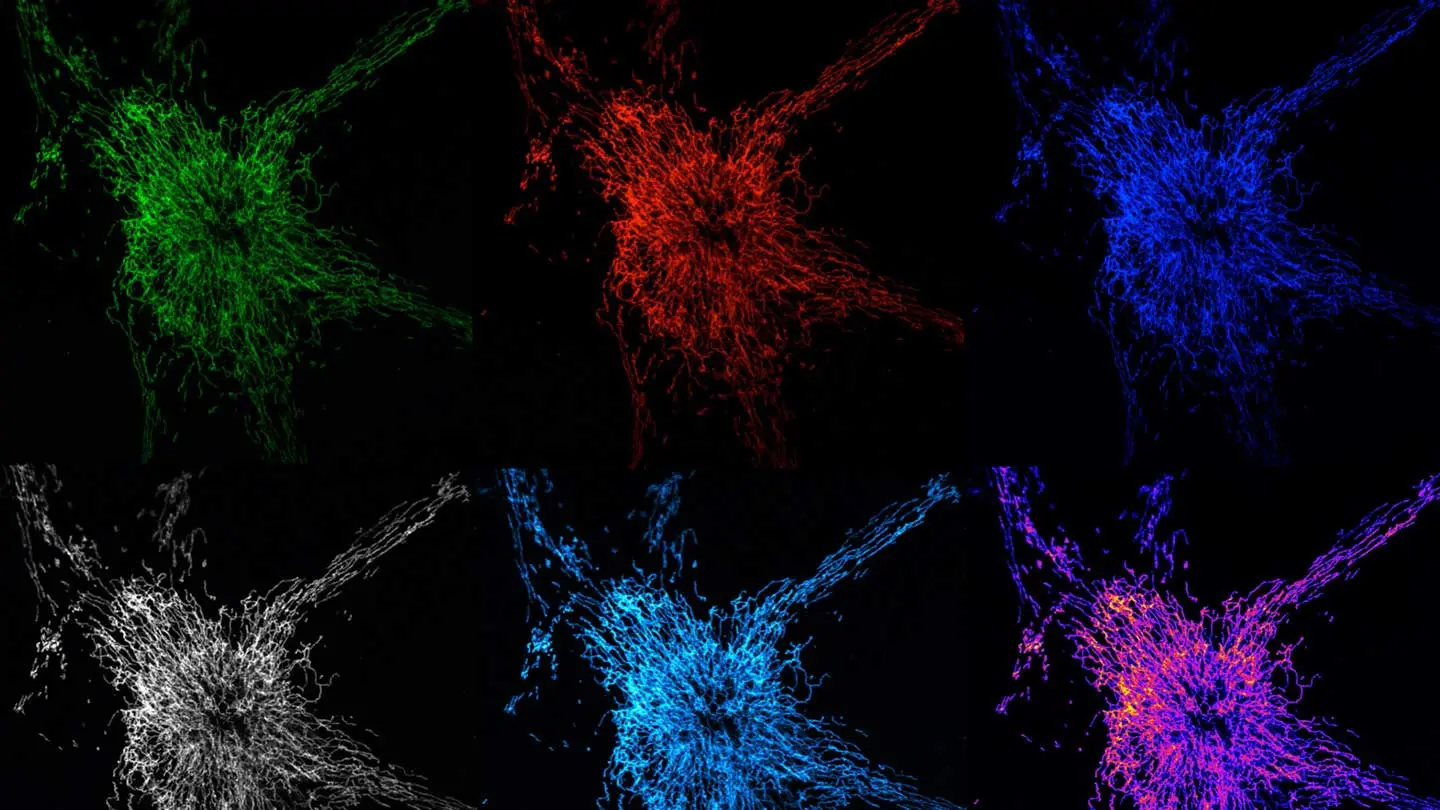Jerry Edward Chipuk, PhD, and his team at the Icahn School of Medicine at Mount Sinai, study how mitochondria—the cellular machines that respond to diet, exercise, infection, and risk factors such as smoking and environmental toxins—impact the development of cancer.
They have observed how mitochondrial biology provides a cellular platform for oncogenes to transform a variety of cells from normal to malignant, including the skin. Just as importantly, Dr. Chipuk’s laboratory has learned how mitochondrial signaling impacts the types of cytokines that are secreted by tumor cells and how those cytokines affect tumor-infiltrating lymphocytes in patients diagnosed with melanoma.
An Associate Professor of Oncological Sciences, and Dermatology, Icahn School of Medicine at Mount Sinai, and Associate Director of the Tisch Cancer Institute, Dr. Chipuk has also discovered—in collaboration with scientists at IBM Corp.—that the density and number of mitochondria within a tumor cell may help determine the likelihood that a patient’s tumor cells will respond to therapy.
A new study funded by the National Institutes of Health, and in collaboration with Columbia University, is taking this research even further. It will examine how mitochondrial biology can be used to increase the effectiveness of conventional and targeted chemotherapies to produce cell-death responses, a concept that has not been well explored.
In this latest effort, Dr. Chipuk’s team is examining how mitochondrial lipids—greasy molecules that promote cellular communications—are essential to a cell’s ability to undergo suicide when exposed to a broad range of chemotherapeutics. This work is expected to provide new perspectives on how tumor cells die and may even change their biology to become treatment-resistant.
Featured

Jerry Edward Chipuk, PhD
Associate Professor of Oncological Sciences and Dermatology and Associate Director of The Tisch Cancer Institute
